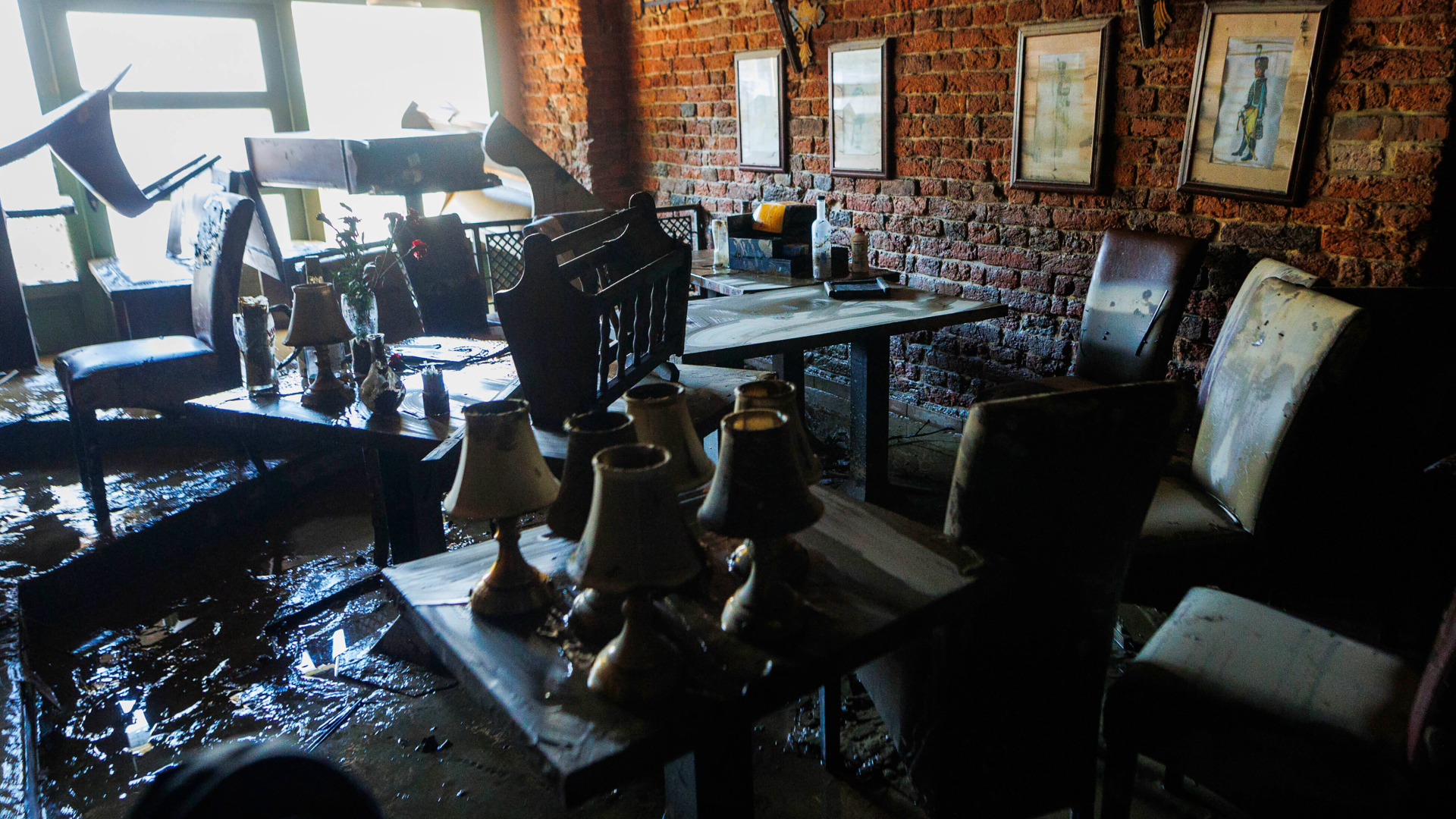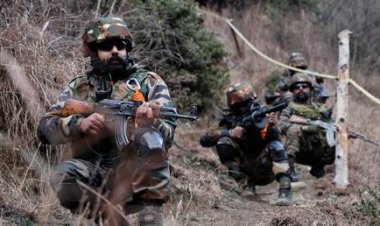Surging Waters Pose Threat to Southern Poland
Flooding concerns in southern Poland have increased due to rising river levels. The situation has prompted warnings and alerts from local authorities as they monitor the potential impact on communities and infrastructure. Officials are taking precautionary measures to address the challenges posed by the swelling waters. Residents in vulnerable areas are being advised to stay informed and prepare for possible evacuation if necessary. As the weather conditions continue to evolve, the focus remains on ensuring safety and minimizing damage.

The surge of water has heavily impacted Poland alongside Austria, the Czech Republic, and Romania, following a week of unprecedented rainfall starting last Thursday. The flood has been deadly, with a reported total of 23 fatalities across these countries, including seven in both Poland and Romania, five in Austria, and four in the Czech Republic.
Wednesday brought grim news from the EU's top office, asserting that recent floods and the concurrent fatal wildfires in Portugal signify a "climate breakdown," hinting at a dire need for significant environmental interventions to avert these crises becoming a new normal.
A tragic update from the Czech Republic revealed the discovery of a 70-year-old woman's body by police; she had been caught in the floods in Kobyla nad Vidnavkou near Jesenik since Sunday.
The weather has shown signs of improvement across the affected regions, characterized by clear, sunny skies leading to a decrease in water levels. This change has permitted the start of cleanup operations, where debris is being removed in several localities.
In Poland, firefighters have been actively draining water from flooded areas, while in Romania, around 1,000 firefighters are engaged in cleanup activities, a deployment detailed in a statement on the General Inspectorate for Emergency Situations' Facebook page.
Despite some respite, the threat of flooding persists, especially around southwestern Poland. In response, Prime Minister Donald Tusk convened emergency meetings in Wroclaw with local leaders and emergency services, pushing for more protective measures and pledging government support. He mentioned that the floodwaters would peak by late Wednesday, with high levels expected to persist for several more hours or days.
At Marcinkowice, near Wroclaw, both soldiers and local residents fortified a bridge over the Olawa River with sandbags. The Olawa joins the Oder, a significant river that originates in the Czech Republic and flows northward through Poland into Germany.
The local head, Artur Piotrowski, in Olawa, expressed the severity of the conditions, noting to PAP that two villages had been submerged since Monday, with residents choosing to remain despite evacuation advisories.
Additionally, the Polish military has been evacuating individuals and animals, providing them with necessities such as food and water. A new field hospital was established in Nysa by the army to accommodate patients from a flooded local hospital. The construction of a makeshift bridge in Glucholazy is also underway to replace one destroyed by the floods.
In Stronie Slaskie, residents have reached out to Prime Minister Tusk, requesting skilled supervision for their recovery efforts, which they describe as disorganized.
With the rising Oder River, cities like Opole and Wroclaw, the latter having previously suffered severe flooding in 1997, are on high alert and bracing for potential water threats.
Rohan Mehta for TROIB News
Find more stories on the environment and climate change on TROIB/Planet Health












